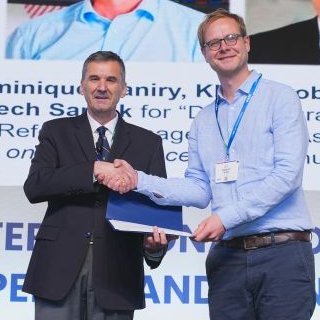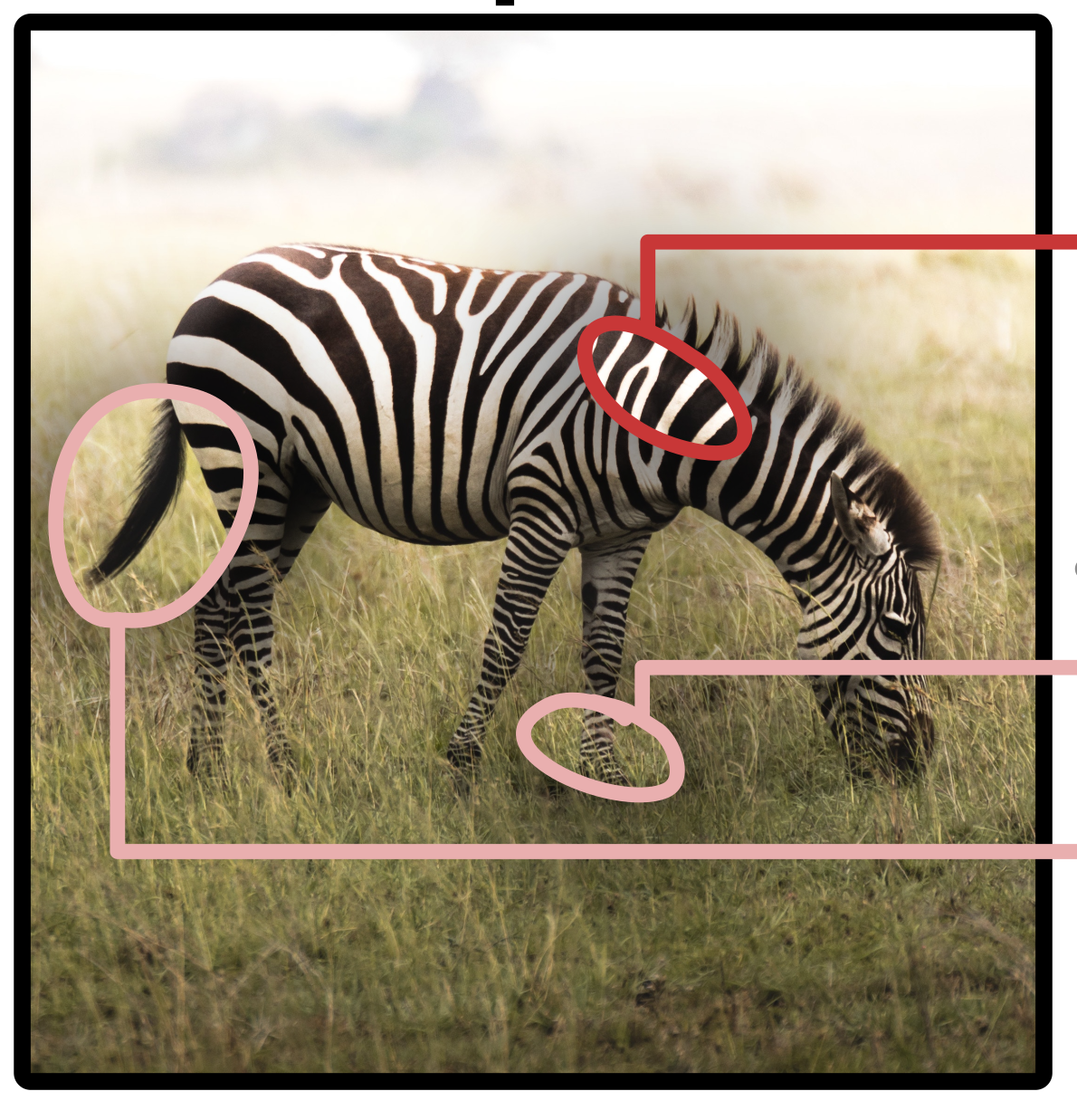
Prof. Dr. Thomas Wiegand
Fellow
Fellow | BIFOLD
Chair | ITU/WHO Focus Group on “Artificial Intelligence for Health”
Executive Director | Fraunhofer HHI
Professor for Electrical Engineering and Computer Science | Technical University Berlin
Thomas Wiegand is a professor in the department of Electrical Engineering and Computer Science at the Technical University of Berlin and is jointly heading the Fraunhofer Heinrich Hertz Institute, Berlin, Germany. He received the Dipl.-Ing. degree in Electrical Engineering from the Technical University of Hamburg-Harburg, Germany, in 1995 and the Dr.-Ing. degree from the University of Erlangen-Nuremberg, Germany, in 2000.
As a student, he was a Visiting Researcher at Kobe University, Japan, the University of California at Santa Barbara and Stanford University, USA, where he also returned as a visiting professor. He was a consultant to Skyfire, Inc., Mountain View, CA, and is currently a consultant to Vidyo, Inc., Hackensack, NJ, USA.
Since 1995, he has been an active participant in standardization for multimedia with many successful submissions to ITU-T and ISO/IEC. In 2000, he was appointed as the Associated Rapporteur of ITU-T VCEG and from 2005-2009, he was Co-Chair of ISO/IEC MPEG Video.
The projects that he co-chaired for the development of the H.264/MPEG-AVC standard have been recognized by an ATAS Primetime Emmy Engineering Award. He was also a recipient of a ATAS Primetime Emmy Engineering Award for the development of H.265/MPEG-HEVC and a pair of NATAS Technology & Engineering Emmy Awards. For his research in video coding and transmission, he received numerous awards including the Vodafone Innovations Award, the EURASIP Group Technical Achievement Award, the Eduard Rhein Technology Award, the Karl Heinz Beckurts Award, the IEEE Masaru Ibuka Technical Field Award, and the IMTC Leadership Award. He received multiple best paper awards for his publications. Since 2014, Thomson Reuters named him in their list of “The World’s Most Influential Scientific Minds” as one of the most cited researchers in his field. He is a recipient of the ITU150 Award. He has been elected to the German National Acdemy of Engineering (Acatech) and the National Academy of Science (Leopoldina).
Since 2018, he has been appointed the chair of the ITU/WHO Focus Group on Artificial Intelligence for Health.
| 2018 | Member of German National Academy of Sciences (Leopoldina) |
| 2017 | Primetime Emmy Engineering Award |
| 2016 | Member of National Academy of Science and Engineering (acatech) |
| 2015 | ITU150 Award |
| 2013 | Research Award for Technical Communication of Alcatel Lucent Foundation |
| 2012 | IEEE Masaru Ibuka Consumer Electronics Award—Technical Field Award |
| 2011 | IEEE Fellow |
| 2010, 2011 | Eduard Rhein Technology / Karl Heinz Beckurts Award |
| 2009 | Innovations Award of Vodafone Foundation |
| 2008, 2009 | Primetime / Technology & Engineering Emmy Awards |
- Signal processing
- Data and video compression
- Communications
- Human visual system
- Applied machine learning
René P. Klausen, Ivan Timofeev, Johannes Frank, Jonas Naujoks, Thomas Wiegand, Sebastian Lapuschkin, Wojciech Samek
LieSolver: A PDE-constrained solver for IBVPs using Lie symmetries
Piotr Komorowski, Elena Golimblevskaia, Reduan Achtibat, Thomas Wiegand, Sebastian Lapuschkin, Wojciech Samek
Attribution-Guided Decoding
Frederik Pahde, Thomas Wiegand, Sebastian Lapuschkin & Wojciech Samek
Ensuring medical AI safety: interpretability-driven detection and mitigation of spurious model behavior and associated data
Jackie Ma, Eva Weicken, Frederik Pahde, Katharina Weitz, Sebastian Lapuschkin, Wojciech Samek & Thomas Wiegand
Artificial intelligence under scrutiny: requirements, quality criteria, and testing tools for medical applications
Jonas R. Naujoks, Aleksander Krasowski, Moritz Weckbecker, Galip Ümit Yolcu, Thomas Wiegand, Sebastian Lapuschkin, Wojciech Samek, René P. Klausen
Leveraging Influence Functions for Resampling Data in Physics-Informed Neural Networks

Best Paper Award for groundbreaking work on image quality assessment
Researchers from Fraunhofer Heinrich Hertz Institute and BIFOLD have received the prestigious IEEE Signal Processing Society Best Paper Award for their groundbreaking work on image quality assessment using deep neural networks.

AI - finally explainable to humans
As of today it remains difficult to understand how an AI system reaches its decisions. Scientists at the Fraunhofer Heinrich-Hertz-Institut (HHI) and the Berlin Institute for the Foundations of Learning and Data (BIFOLD) at TU Berlin have collaborated for many years to make AI explainable. In their new paper the researchers present Concept Relevance Propagation (CRP), a new method for explainable AI that can explain individual AI decisions as concepts understandable to humans.
An overview of the current state of research in BIFOLD
Since the official announcement of the Berlin Institute for the Foundations of Learning and Data in January 2020, BIFOLD researchers achieved a wide array of advancements in the domains of Machine Learning and Big Data Management as well as in a variety of application areas by developing new Systems and creating impactfull publications. The following summary provides an overview of recent research activities and successes.

